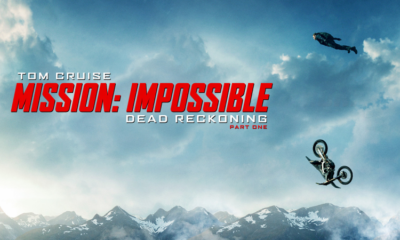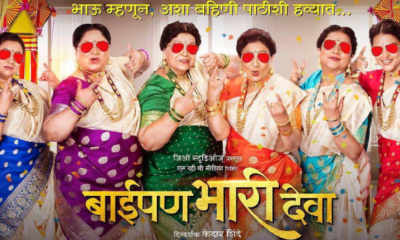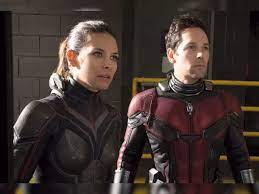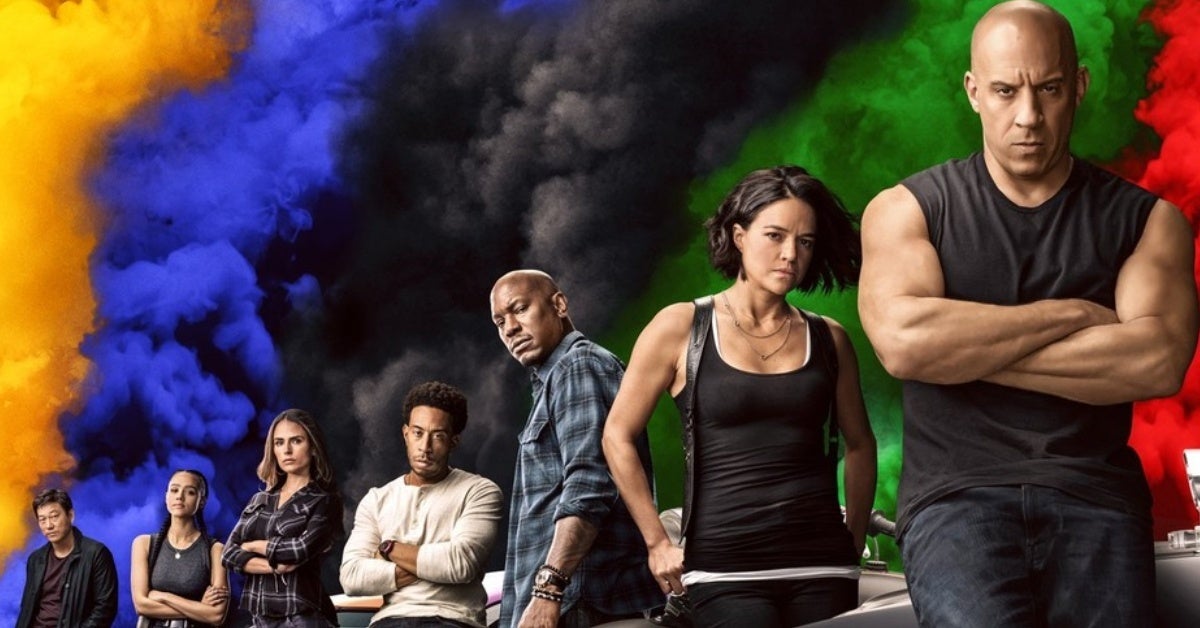How far would you go for greatness?
The first chilling teaser for “Him”, a Jordan Peele-produced psychological sports horror film, has dropped—and it raises an unsettling question: What must athletes truly sacrifice to achieve superstardom? From blood and sweat to faith and identity, the film looks to unpack the cost of ambition in the most terrifying way possible.
A Dark Tale of Fame and Obsession
“Him” stars Tyriq Withers, a real-life former college wide receiver, as Cameron Cade, a fictional rising-star quarterback whose dreams are crushed after a brutal attack by an obsessed fan. Just when his future in football seems over, Cade is offered a lifeline from his idol: Isaiah White, an NFL legend played by Marlon Wayans.
Isaiah invites Cade to train at his secluded compound—an invitation that seems too good to be true. As their training intensifies, Cade discovers that his mentor’s charm masks a much darker force. What starts as a chance at redemption turns into a psychological descent that threatens Cade’s mind, body, and soul.
Official Synopsis
“Cameron Cade (Withers) is a rising-star quarterback who has devoted his life and identity to football. On the eve of professional football’s annual scouting Combine, Cam is attacked by an unhinged fan and suffers a potentially career-ending brain trauma. Just when all seems lost, Cam receives a lifeline when his hero, Isaiah White (Wayans), a legendary eight-time Championship quarterback and cultural megastar, offers to train Cam at Isaiah’s isolated compound that he shares with his celebrity influencer wife, Elsie White (Julia Fox). But as Cam’s training accelerates, Isaiah’s charisma begins to curdle into something darker, sending his protégé down a disorienting rabbit hole that may cost him more than he ever bargained for.”
A Star-Studded, Genre-Bending Cast
Joining Withers and Wayans are Julia Fox as Isaiah’s enigmatic wife, Tim Heidecker, Jim Jefferies, MMA star Maurice Greene, hip-hop artist Guapdad 4000, and Grammy-nominated musician Tierra Whack.
Directed by Justin Tipping, the film is based on a Black List screenplay by Zack Akers and Skip Bronkie, with Tipping contributing to the final script. The production is helmed by Monkeypaw Productions, the creative powerhouse behind Peele’s genre-defining hits like Get Out and Nope.
Monkeypaw’s Latest Mind-Bending Vision
“Him” is the latest project under Monkeypaw’s ongoing five-year deal with Universal Pictures, signed in 2019. Producers include Jordan Peele, Ian Cooper, Win Rosenfeld, and Jamal M. Watson, with David Kern and Kate Oh serving as executive producers.
Jordan Peele has teased his own fourth directorial project is in the works, calling it potentially his “favorite movie yet.” In a 2024 interview on Conan O’Brien Needs a Friend, Peele emphasized the importance of “grounding characters” in both horror and comedy, “The fantastical and the imagination… that becomes a certain type of project and exercise. But the exercise of grounding it is always what makes it work. That to me, in horror especially, is the hardest part.”
Conclusion: A New Era of Horror and Sports Collide
With a unique mix of psychological horror, sports drama, and social commentary, “Him” promises to be a genre-defying thriller that pushes the boundaries of what a sports movie can be. As the line between dedication and obsession blurs, audiences are left to ask: How much would you give to be the best?
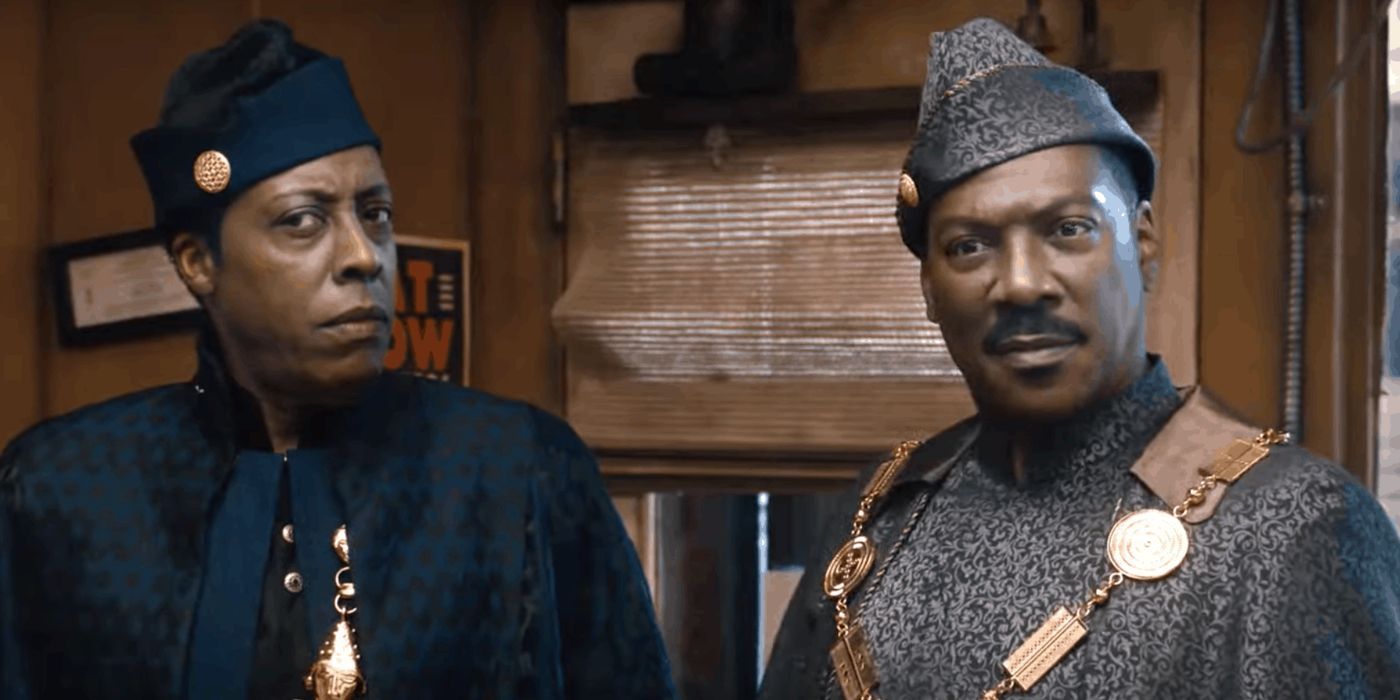

 Entertainment4 weeks ago
Entertainment4 weeks ago
 Entertainment4 weeks ago
Entertainment4 weeks ago
 Entertainment4 weeks ago
Entertainment4 weeks ago
 Entertainment4 weeks ago
Entertainment4 weeks ago
 Entertainment3 weeks ago
Entertainment3 weeks ago
 Entertainment4 weeks ago
Entertainment4 weeks ago
 Entertainment3 weeks ago
Entertainment3 weeks ago
 Entertainment4 weeks ago
Entertainment4 weeks ago
